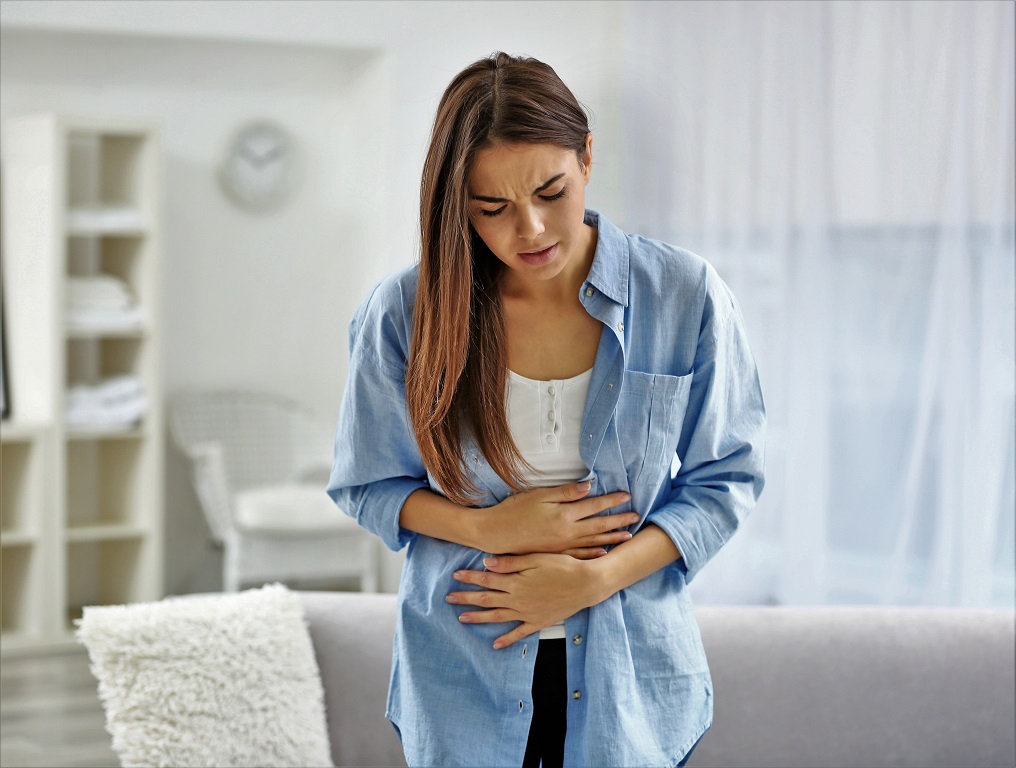Endometriosis is a painful condition that effects 1 in 10 women of reproductive age.
It’s estimated around 176 million suffer from this chronic condition across the world – many in silence.
Severe pain is the most common symptom especially before or during a period or sex.
Many women live with endometriosis totally unaware of the condition or what’s causing the pain they endure.
As part of Endometriosis Awareness Month our Women’s Health Clinic staff worked to make more women aware of the condition and the need to seek help.
Bendigo resident Chloe lives with endometriosis and answered some of our questions below to raise awareness about the disease and the importance of finding the right people to support you to ensure everything is being done to make life better ...
Did you know much about endometriosis and were you aware that was the condition causing your pain?
I didn’t know anything about endometriosis. I’d never heard of it until a family member mentioned it to me during a very heavy period. I thought it was ‘normal’ to get the heavy, painful periods I was getting until I went to my GP to seek help.
How did you find out where to turn to get help with endometriosis?
I did endless amounts of research to find out what to do and how they test for endometriosis.
I attended a regular check-up with my GP and brought it up to him.
He then referred me onto a gynaecologist. I found this gynaecologist didn’t listen to me and I felt I was waisting her time and my money. I went back to my GP who then referred me to another gynaecologist in Melbourne who I’ve been seeing for three years and couldn’t recommended him enough to anyone experiencing endometriosis symptoms.
He listens to everything I say and lets me have an input into my care.
He treats me with the upmost respect, he treats all of his patients like family.
Did you find asking for support changed things for you?
I requested help from my GP. This is what started my journey to where I am today. It is not only the physical side of endometriosis but the mental side of it plays a MASSIVE part in this disorder. I am lucky to have such a great support network around me including my gynaecologist and GP but not forgetting my family and friends.
What are the main things you've learned along the journey with Endometriosis?
One of the main things I have learnt is it’s okay to not be okay. This disease takes a massive toll on your physical and mental health. Reaching out to anyone can help so much. I reached out to my GP and that was the best decision I have ever made.
What's the best piece of advice you could offer someone experiencing the condition?
If you are experiencing any sort of symptoms of endometriosis including but not limited to painful periods, fatigue, nausea, bloating, constipation and heavy or irregular periods go and see your GP. If you do not have a GP please seek help through a doctor. You are not alone with this. Reach out.
Thank you Chloe!
Our Women’s Health Clinic thanks Chloe for sharing her story to help others both understand endometriosis and the need to reach out for help.
Please see your GP or make an appointment with our Women’s Health Clinic on 5406 1200 if you need help or think endometriosis is impacting on your life.
Our Women's Health Clinic has female GPs experienced in endometriosis with special training around the condition and providing management options such as the long-acting reversible contraceptive and the pill.
Our clinic believes strongly in continuity of care in regards to treating endometriosis and can provide a 'holistic service' with mental health and other supports available to help with management of the condition if needed.
To learn more about how our Women's Health Clinic can help you click here
Last updated: April 12, 2021
